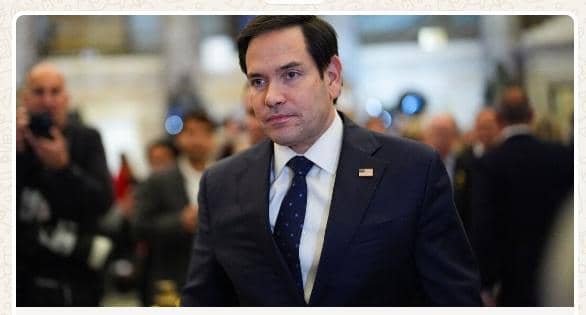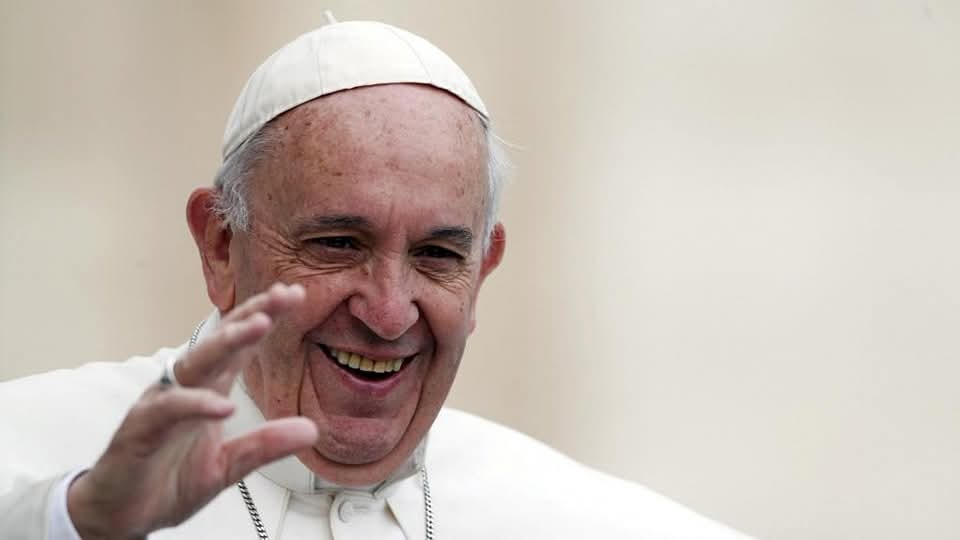By Burnett Munthali
The United States State Department has formally begun the process of laying off employees, marking a significant development in its internal restructuring efforts.
According to an internal notification, employees were informed of the impending layoffs as part of a broader consolidation plan aimed at streamlining operations within the department.
Officials at the State Department argue that the restructuring is necessary to eliminate bureaucratic inefficiencies and create a more agile and focused diplomatic service.
They contend that the move will allow for the reallocation of resources and a modernization of diplomatic functions in an increasingly complex global landscape.
However, the decision has not been without controversy, as critics have sharply condemned the layoffs as a dangerous undermining of America’s diplomatic capabilities.
Opponents of the plan warn that reducing staff within the State Department could weaken the country’s ability to respond effectively to international crises and engage with foreign governments.
They also argue that such cuts could diminish the institutional knowledge and experience vital to sustaining long-term diplomatic relationships and advancing U.S. interests abroad.
Analysts have pointed out that this move comes at a time when global tensions are high, and the need for skilled diplomacy has never been greater.
The restructuring plan has reignited long-standing debates in Washington over the role and size of government, especially in relation to foreign policy and national security.
While supporters of the layoffs emphasize the need for efficiency and fiscal responsibility, critics call for a more strategic approach that preserves the core competencies of American diplomacy.
As the restructuring unfolds, it remains to be seen how the changes will affect U.S. foreign service personnel and the broader diplomatic agenda.
This development adds to the growing concerns about the future of U.S. global engagement amid shifting geopolitical dynamics and domestic pressures.
The international community, particularly American allies, will be watching closely to assess whether these internal changes will impact Washington’s reliability and leadership on the world stage.



